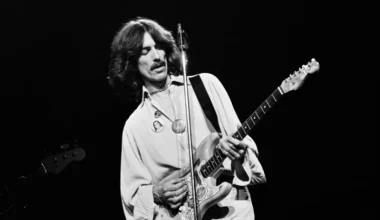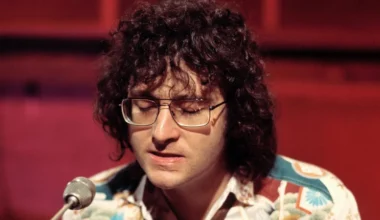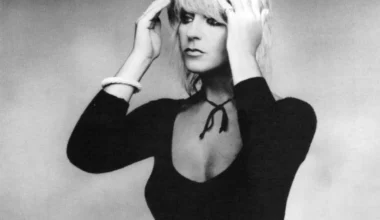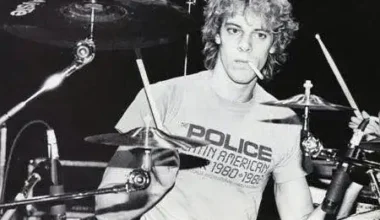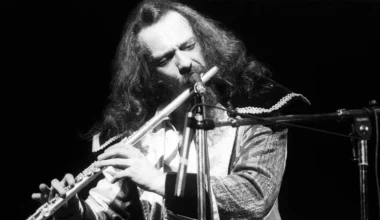For a long time, it seemed like Rush would never stop making records. Since the massive success of 2112, the Canadian trio has seen fit to broaden their horizons in any way they could. They know that their core fanbase will always embrace their wild new directions. Rush could have easily continued experimenting until the end of their lives, but circumstances change things slightly.
After finishing the tour for the album Test for Echo, the band intended to take a few weeks off before considering working on a new record. Only a few days into their vacation, Neil Peart faced every parent’s worst nightmare when he took his daughter to college. On her first day, she was involved in a tragic car accident and was killed instantly. After the memorials for his daughter, Peart thought it would be best to move out of Toronto to get away from all the reminders.
Only a few months after her death, Peart’s wife Jackie was diagnosed with cancer and died. Instead of returning to the band, Peart got on his motorcycle and drove across North America. He started on a spiritual journey to determine his life path.
In the documentary Rush: Beyond the Lighted Stage, Alex Lifeson discussed how desensitizing the experience was for the entire band. He stated, “Everything about the band ended at that moment.” To be honest, for the next few years, I didn’t think much about music. “I rarely played or even listened to music.” Rush was still an icon in the rock community. But any chance they played music together again was down to whether Peart felt up to it or not.
By the time he stopped riding, Peart had discussed taking time to recover. He met his second wife during the grieving process and rejoined the band. When the trio sat in a room, it was unclear whether they would create new music. They set aside time in the studio to record a new album. Peart expressed anxiety about returning to the fold, saying, “There was an uncertainty. Can I write rock lyrics as if they’re the most important thing in the world? Can I keep working on a drum part indefinitely? I do not know.”
What came out of those few months in the studio was a tale of recovery. Across Vapor Trails, Peart’s lyrics were much more open-hearted. He wrote songs like ‘One Little Victory’ and ‘How It Is’ about the nature of life and learning how to see the light at the end of the tunnel.
The main deciding factor, however, was playing live. It was with the band having jittery nerves during their first night together. Geddy Lee recalled, “I believe that was the first time we ever had a group hug. It was clear to us that getting there was almost impossible.” Peart was the most hesitant member to get things back on track. Upon finally returning to his drum throne, he experienced rejuvenation. He said to manager Ray Danniels after the first gig back, “It would have been a real shame if that never happened again“.



